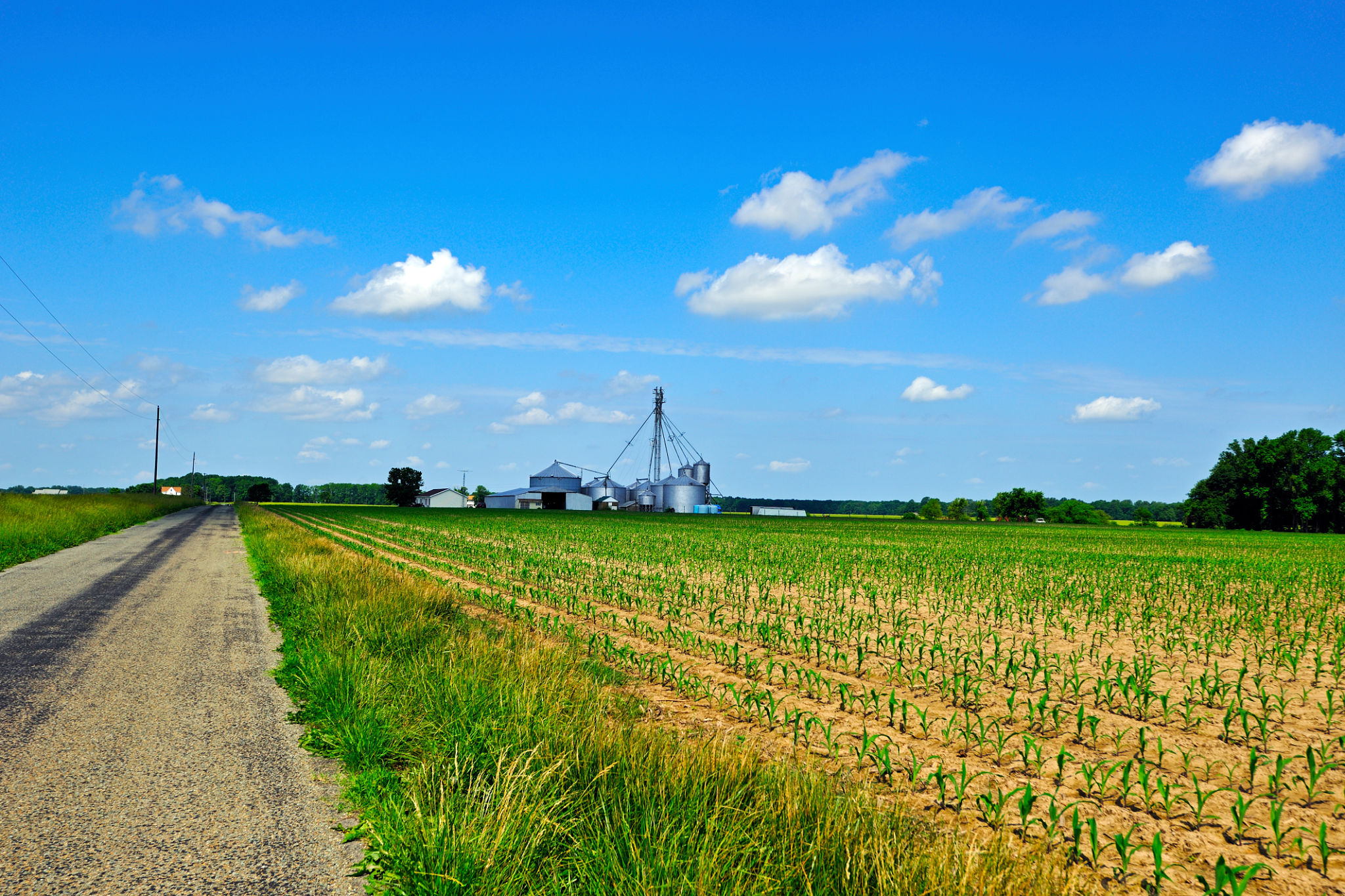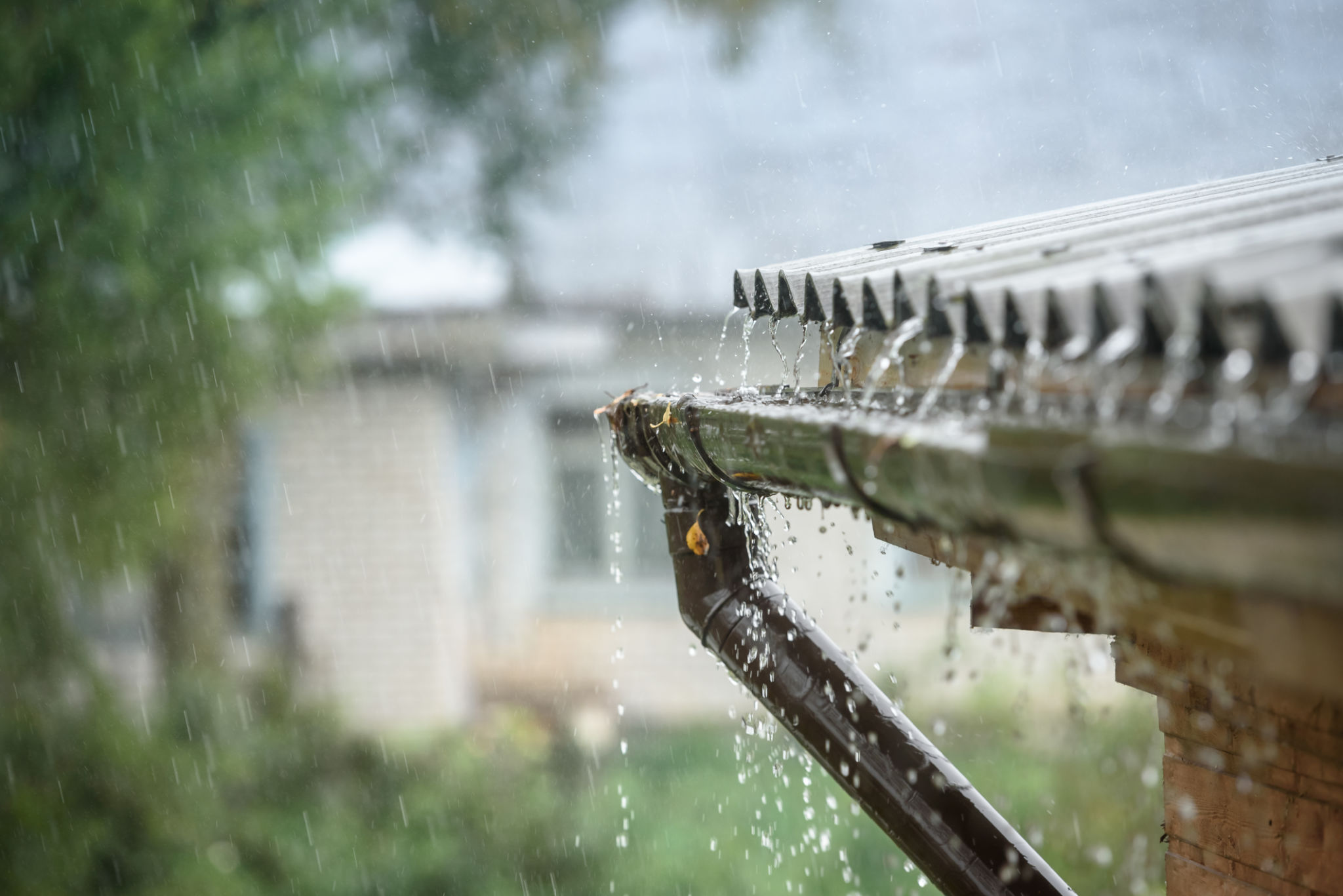Effective Agriculture Water Management Strategies for Delaware Farmers
Understanding the Importance of Water Management in Delaware Agriculture
Water management is a critical component in agricultural success, especially in states like Delaware where agriculture is a key economic driver. Effective water management strategies not only ensure the sustainability of water resources but also enhance crop yield and quality. For Delaware farmers, implementing efficient water management practices is essential to address challenges such as fluctuating weather patterns and increasing water demand.

Implementing Efficient Irrigation Systems
One of the most effective strategies for managing water in agriculture is the implementation of advanced irrigation systems. Drip irrigation, for instance, delivers water directly to the plant roots, minimizing water loss due to evaporation. This method is particularly beneficial for high-value crops and can significantly reduce water usage.
Moreover, the use of smart irrigation technologies that incorporate soil moisture sensors and automated scheduling can help farmers optimize water usage. These technologies provide real-time data, enabling farmers to make informed decisions about when and how much to irrigate, thus conserving water and reducing costs.
Adopting Soil Conservation Practices
Soil conservation practices play a vital role in water management by improving soil health and enhancing its ability to retain moisture. Techniques such as cover cropping, mulching, and reduced tillage can significantly increase soil organic matter, leading to better water infiltration and retention.

Additionally, contour farming and terracing are effective methods for reducing runoff and soil erosion on sloped lands. By slowing down the flow of water, these practices help maintain soil structure and prevent nutrient loss, ultimately supporting sustainable agriculture.
Utilizing Rainwater Harvesting Systems
Rainwater harvesting is another practical solution for Delaware farmers aiming to enhance their water management strategies. By collecting and storing rainwater, farmers can reduce their dependency on groundwater and municipal water supplies. This approach is especially useful during periods of drought or when water restrictions are in place.
Simple systems like rain barrels or more complex setups involving storage tanks and distribution networks can be tailored to meet the specific needs of each farm. Implementing rainwater harvesting not only conserves water but also reduces operational costs and promotes environmental sustainability.

Monitoring and Managing Water Quality
Maintaining water quality is just as crucial as managing quantity. Poor water quality can lead to reduced crop yields and soil degradation. Regular testing of water sources for contaminants such as nitrates and heavy metals is essential for ensuring the safety of both crops and consumers.
Farmers should also consider implementing buffer zones with vegetation around water bodies to filter runoff and prevent pollutants from entering streams and rivers. This practice not only protects water quality but also supports local biodiversity.
Collaboration and Education
Finally, collaboration among farmers, agricultural extension services, and government agencies is key to advancing effective water management strategies in Delaware. Through educational programs and workshops, farmers can stay informed about the latest techniques and technologies in sustainable farming.
By sharing knowledge and resources, the farming community can collectively improve water management practices, ensuring a prosperous future for Delaware agriculture.
